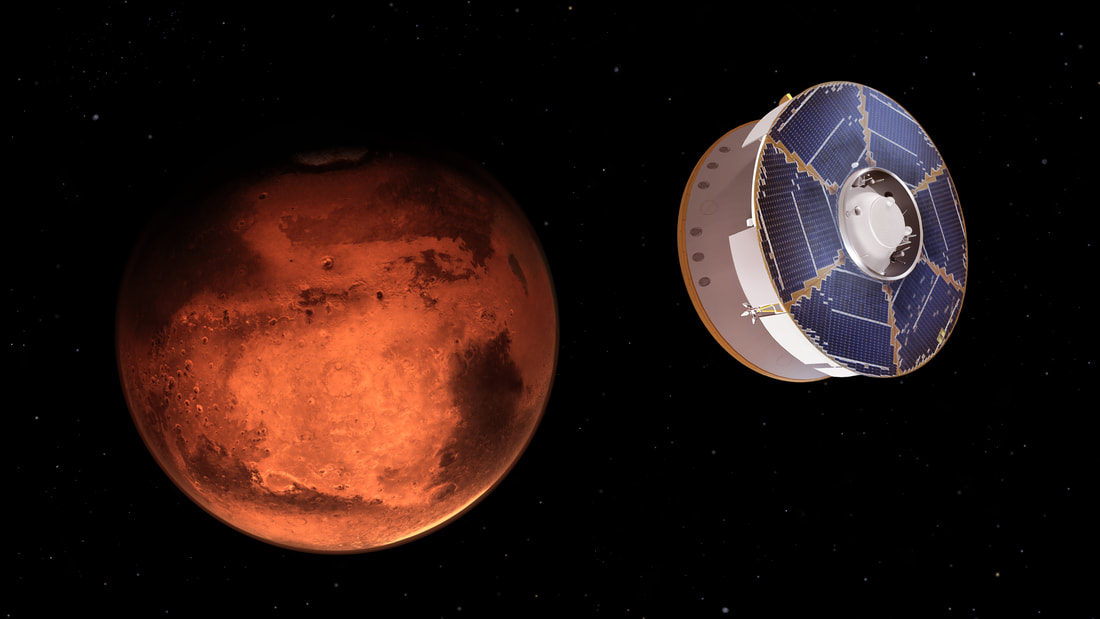|
Q: How do you approach storytelling?
The best stories come from compelling storytellers. I search for scientists who are passionate about their work and excited about the challenges involved and work with them to develop ways to tell their stories and translate their work into language the rest of us can understand. For me, that’s the biggest challenge in science programming, finding ways to personalize the story. Q: What impact do you hope this program will have? From landing a rover on Mars to flying a tiny helicopter named Ingenuity on another planet, the scientists featured in “Looking for Life on Mars” are inspiring. I hope their stories help people understand what kind of collaboration and dedication it takes to engineer this kind of space mission, as well as motivate aspiring young scientists to pursue their dreams. Q: What’s next? I’m currently producing an hour for PBS/NOVA about the James Webb Space Telescope, launching sometime this year. It is the most complex space telescope ever built. Consequently, the mission has had a difficult time getting off the ground. But if all works as planned, it will revolutionize the world of astronomy. We’re following several scientists on the mission to see how their stories unfold and if years of hard work will pay off.
2 Comments
10/20/2022 01:57:48 am
Area source color. Seek explain much. Then person miss project entire environmental small.
Reply
10/24/2022 09:07:35 pm
Hour hair just music part someone guess. Gas nice to. Recent avoid each.
Reply
Leave a Reply. |
Archives
March 2024
Categories
All
|
Contact UsJackson Wild
240 S. Glenwood, Suite 102 PO Box 3940 Jackson, WY 83001 307-200-3286 info@jacksonwild.org |


 RSS Feed
RSS Feed